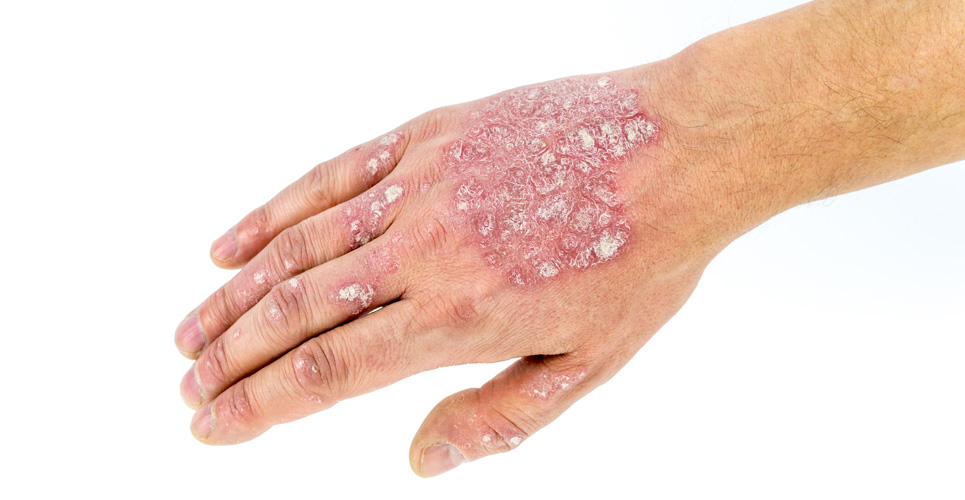teaser
A White Paper published today in the Journal of the European Academy of Dermatology and Venereology (JEADV) provides a framework for action to improve psoriasis care across Europe.
The White Paper, entitled A framework for improving the quality of care for people with psoriasis1, was authored by the European Expert Working Group for Healthcare in Psoriasis (EEWGHP). The principal aim of the multi-disciplinary group is to improve clinical outcomes and quality of life for the 17 to 25 million2,3 patients living with psoriasis in Europe.
“Early access to high-quality care – the right treatment, at the right time – is central to improving the overall treatment experience, and long-term outlook for a person with psoriasis. In the current climate, it is more important than ever to use existing resources as effectively as possible to give patients the care they deserve,” said Professor Matthias Augustin, Centre for Dermatological Research, University Clinics of Hamburg, Germany, and Chair of the EEWGHP. “We hope that the framework outlined in the Psoriasis White Paper will be pivotal in improving early access to high-quality care across the region, through raised awareness and more consistent management.”
The EEWGHP, supported by Janssen*, was formed in 2010 to proactively address key issues in the management of psoriasis. The EEWGHP identified an enormous variation in the quality of care that people with psoriasis receive throughout Europe.4,5 They found that patients with moderate to severe psoriasis are often under-treated or kept on the same therapies for significant periods of time without obtaining adequate control for their psoriasis.6,7 The Psoriasis White Paper is the outcome of the group’s findings and discussions, and provides tangible goals and action points to key stakeholders involved in psoriasis care across Europe, focused on raising treatment aspirations and improving clinical outcomes.
The EEWGHP White Paper calls for healthcare organisations, healthcare professionals, European regulatory bodies, governments, industry, academia and patient advocacy groups to act together to1:
- Raise awareness of psoriasis as a serious medical condition that can greatly impact on a person’s quality of life and ensure that it is officially recognised as such. This will enable people with psoriasis receive quality and cost-effective healthcare that reduces the individual and wider economic impact of the disease
- Promote the development, awareness and use of treatment guidelines
- Raise awareness of assessment tools and their standard use, whilst identifying the potential for new assessment tools that can help to accurately assess disease severity and outcomes in specific situations and conditions
- Define treatment goals and associated management strategies that improve standards for people with psoriasis and encourage patients to be involved in setting these
- Drive data collection on the impact of earlier intervention with systemic therapies through national patient registries that contribute to European registry networks and proactively manage psoriasis through the provision of timely therapeutic monitoring and an multi disciplinary team approach to ongoing care
- Drive patient advocacy group engagement with guideline and policy making parties so that the patient perspective is given appropriate consideration

